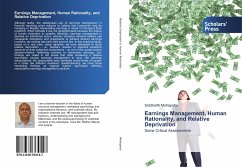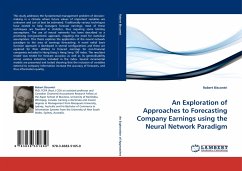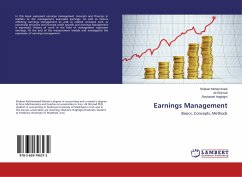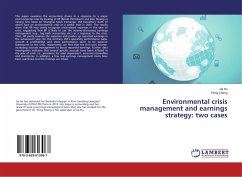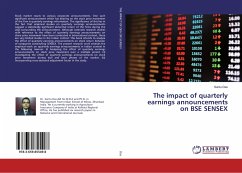Although lawful, the widespread use of earnings management in financial reporting gives reasons to believe that companies may be indulging in illegally manipulating earnings in stead of managing them prudently. What motivate it are not straightforward because the nature of human motivation is complex. Although, earnings management is deemed an intentional action, wherein company decision-makers use managerial discretions and judgements to achieve desired earnings numbers; yet nothing has been said beyond this. In this empirical study, based on a real case, using vignettes, we have attempted to study relative deprivation - i.e., people's reaction to objective situations depends on their subjective comparisons - as one of the causes behind decision-makers' reasoning process to manipulate earnings. Our findings are mixed in the sense that while answering if relative deprivation causes earnings management to stray into earnings manipulations, the respondents have rendered varied levels of support to it under two different situations. Notwithstanding, we have some interesting findings as regards relative deprivation effecting manipulative earnings management practices.
Bitte wählen Sie Ihr Anliegen aus.
Rechnungen
Retourenschein anfordern
Bestellstatus
Storno

